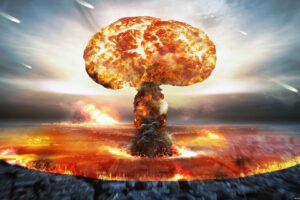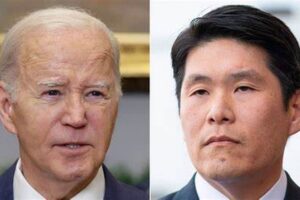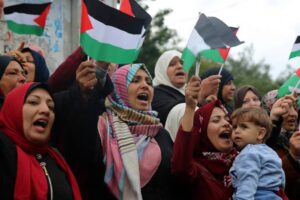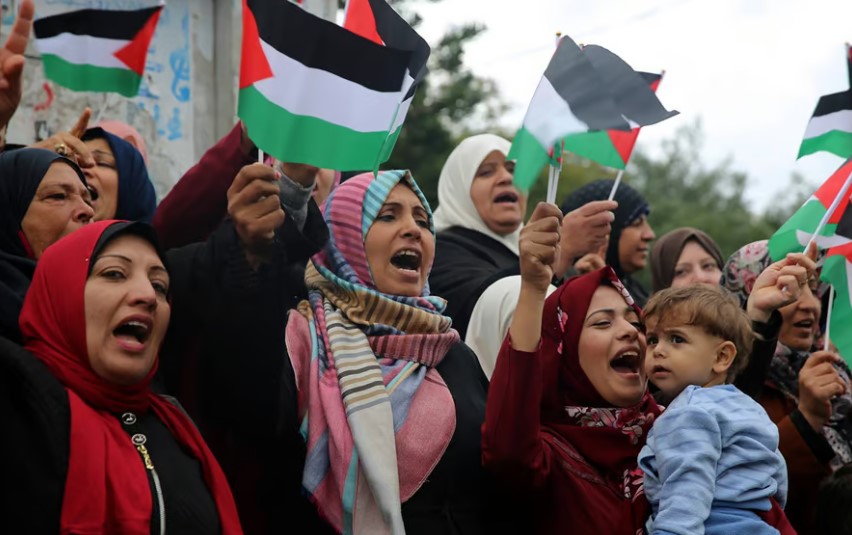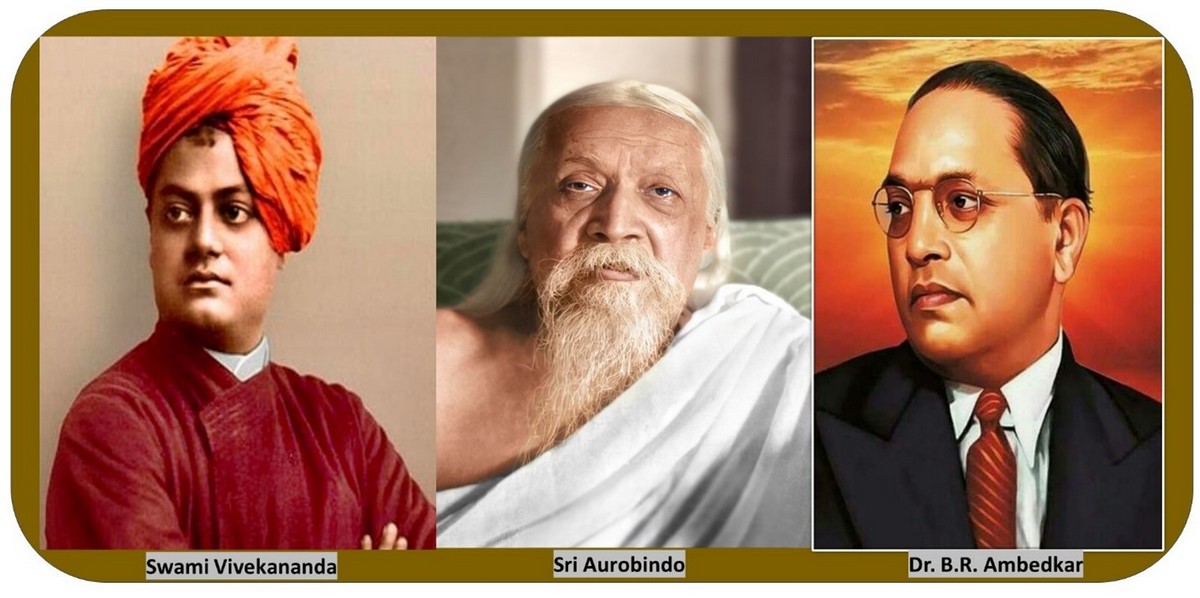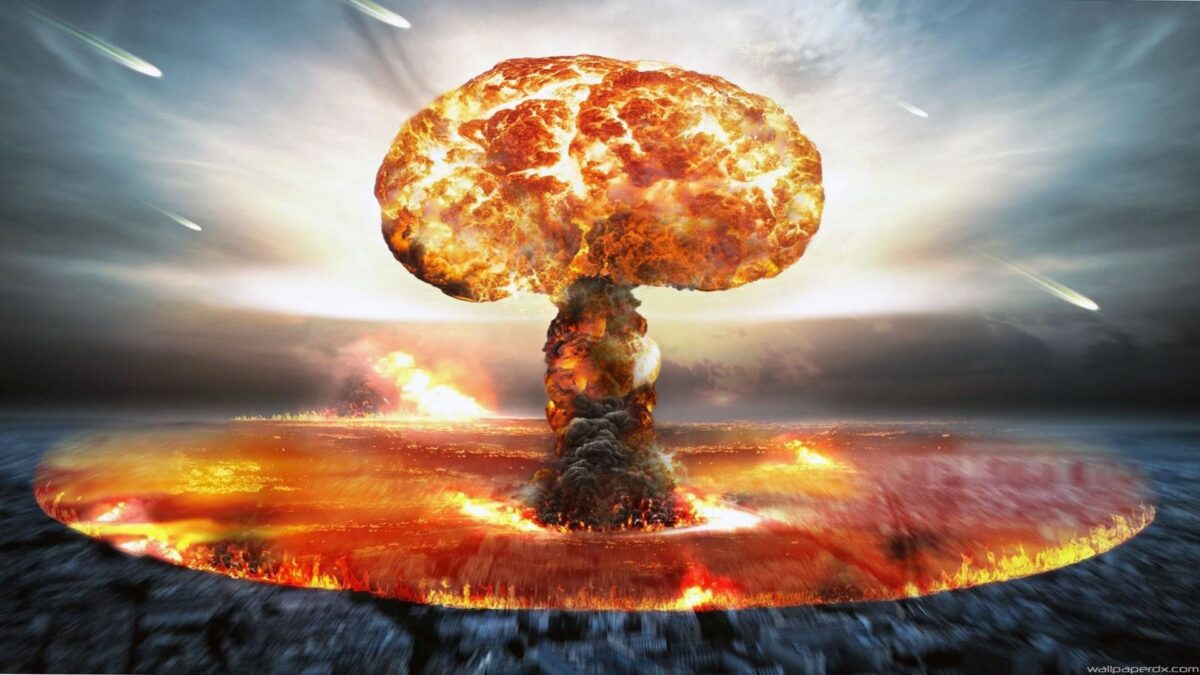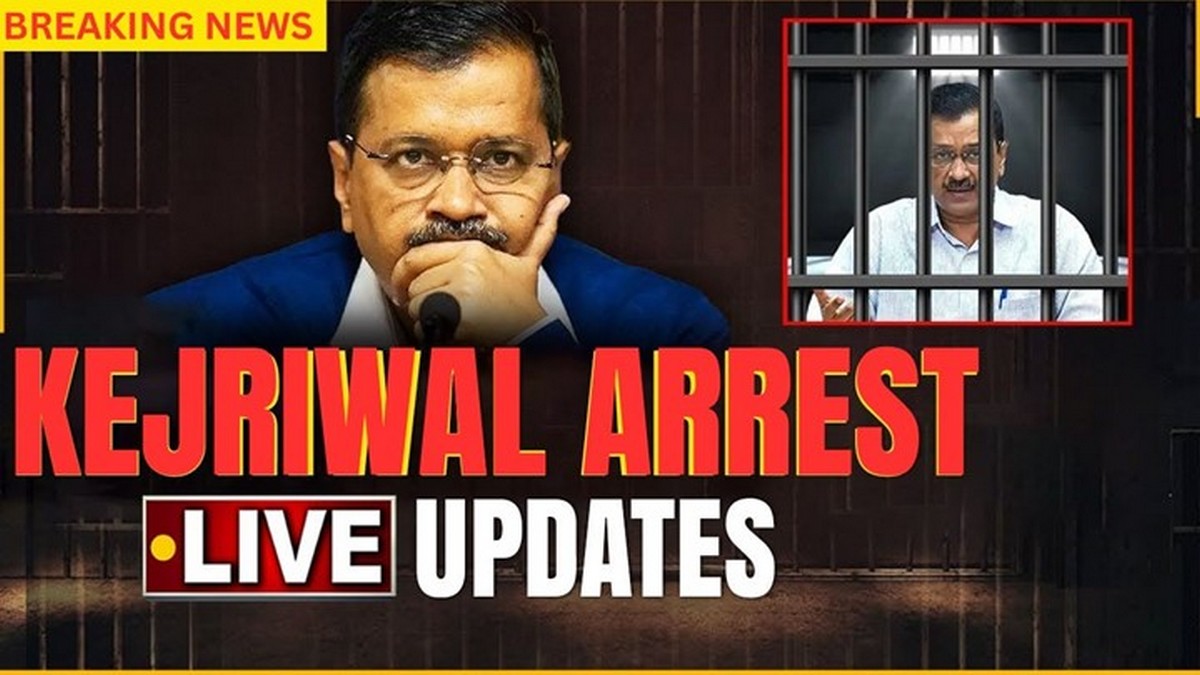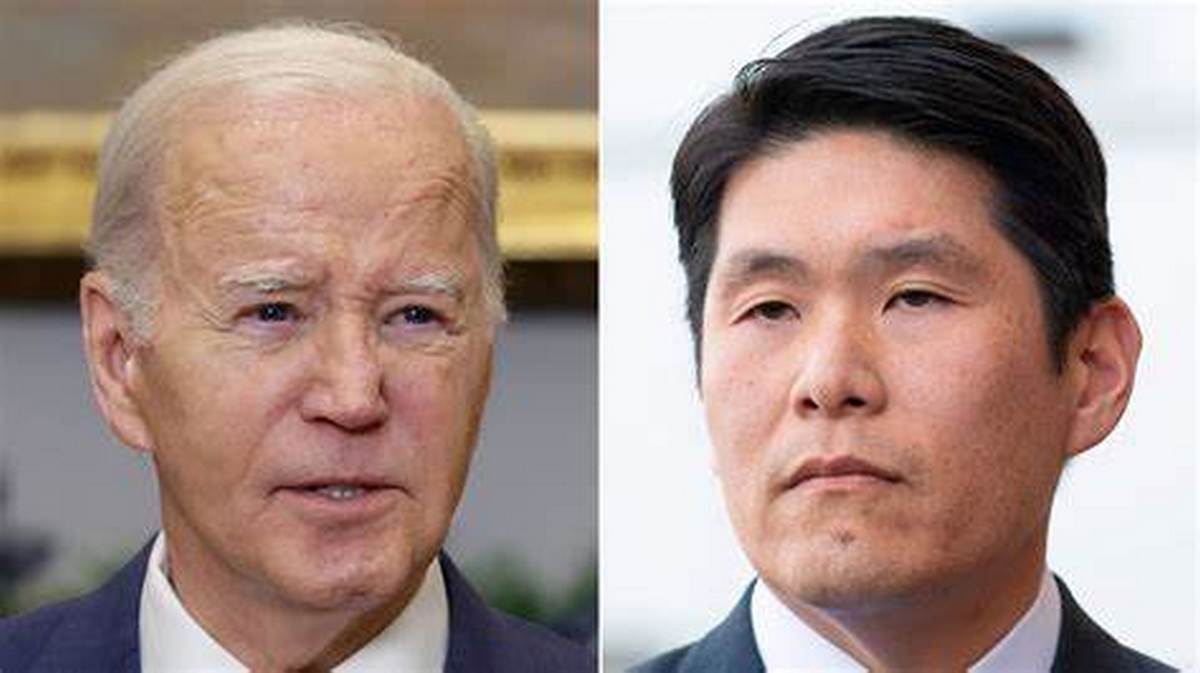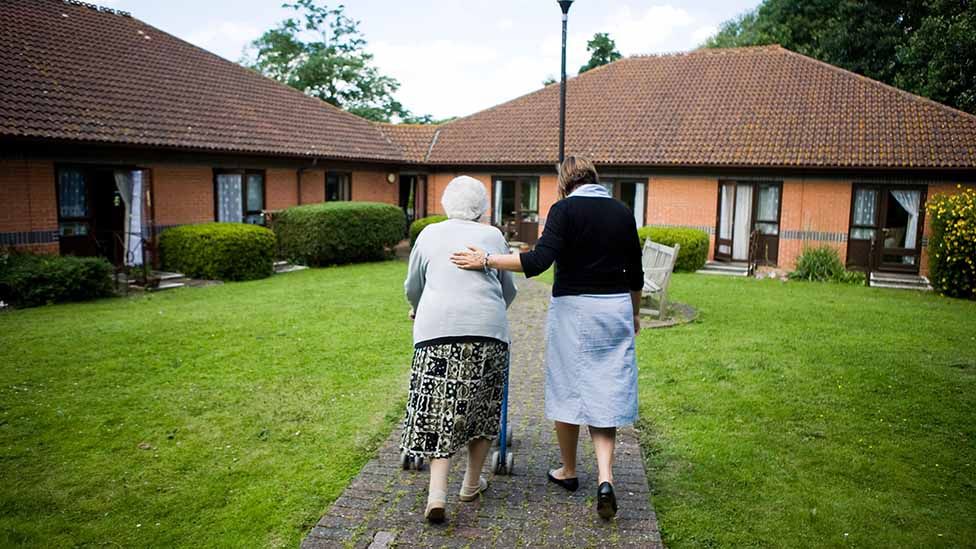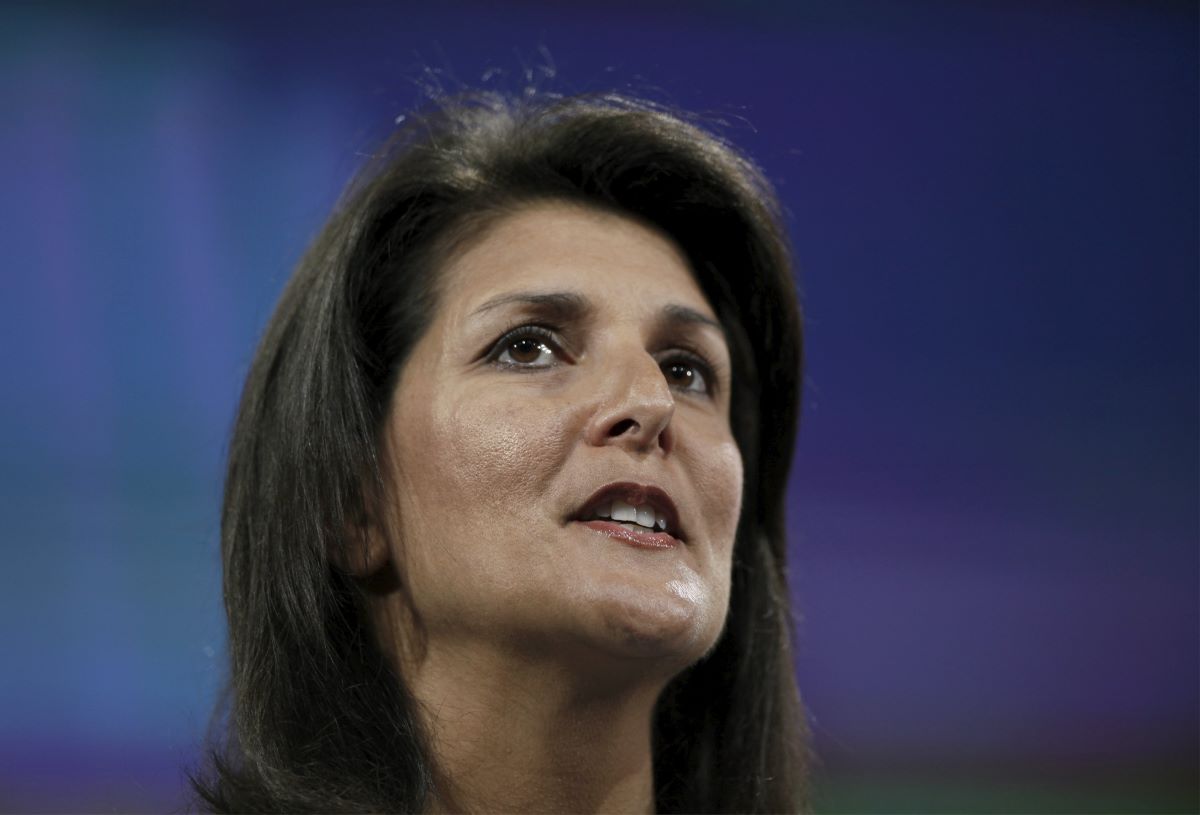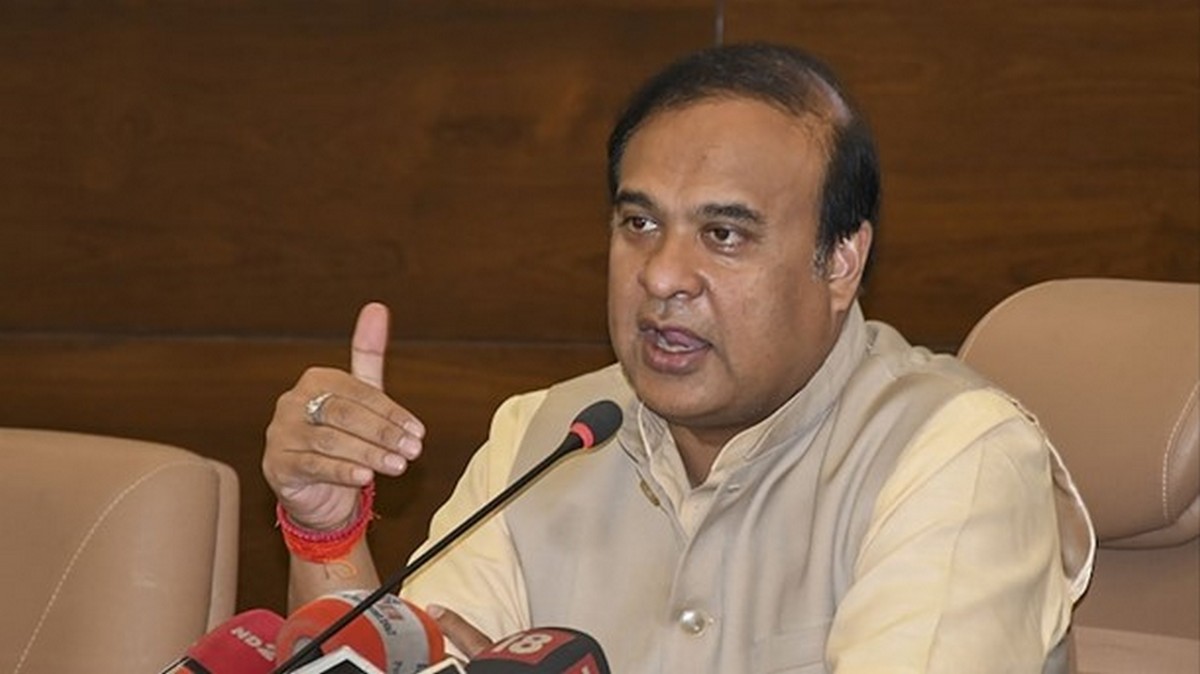In the wake of the tragic events unfolding in the aftermath of the terrorist attack on Israel on October 7th, 2024, the world has once again become a stage for impassioned demonstrations and protests, with pro-Palestinian sentiments echoing across continents. Yet, amidst these gatherings advocating for Palestinian rights, the Jewish community finds itself grappling with a myriad of emotions, ranging from solidarity to deep-seated fear.
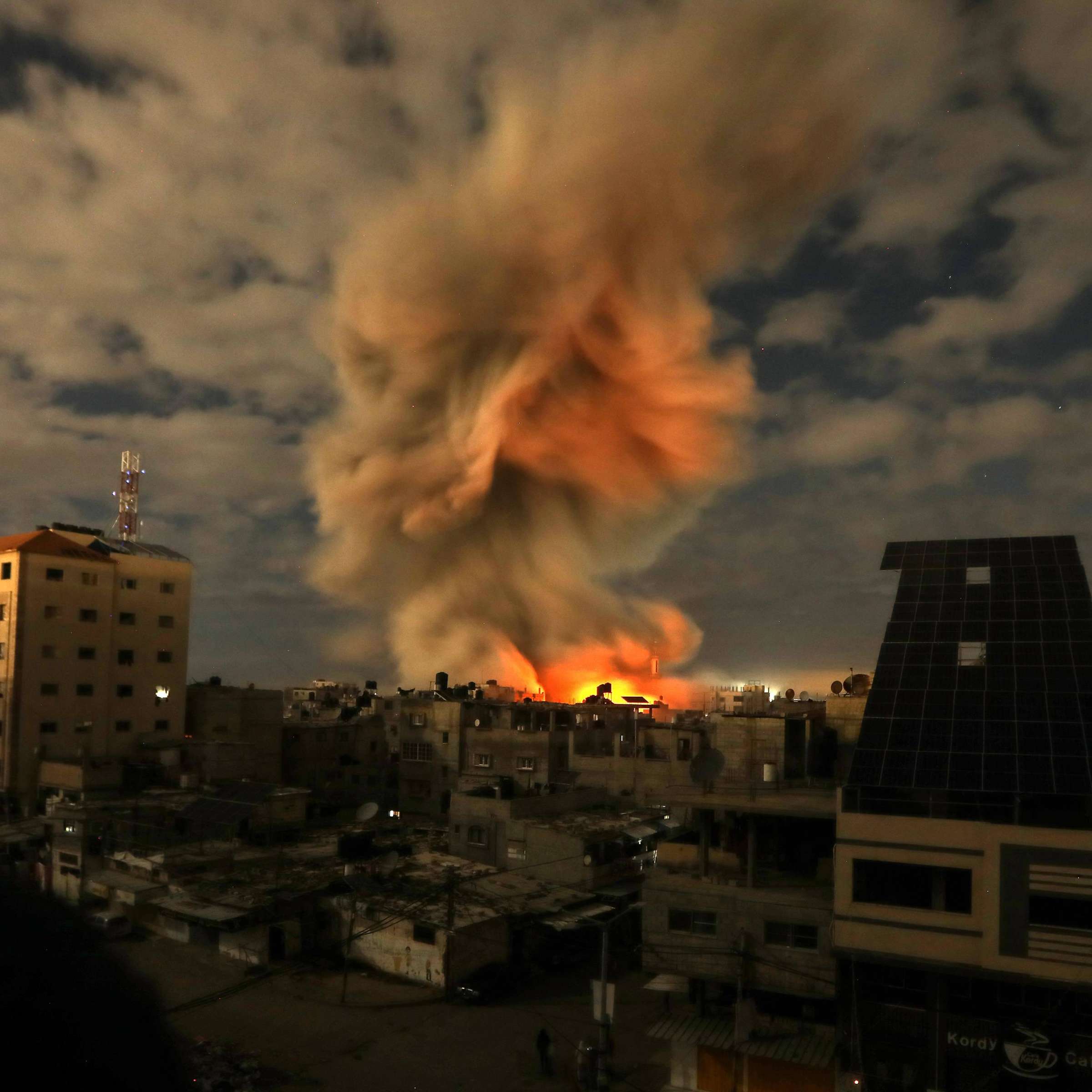
In the wake of the tragic events unfolding in the aftermath of the terrorist attack on Israel on October 7th, 2024,
the world has once again become a stage for impassioned demonstrations and protests, with pro-Palestinian sentiments echoing across continents. Yet, amidst these gatherings advocating for Palestinian rights, the Jewish community finds itself grappling with a myriad of emotions, ranging from solidarity to deep-seated fear.
The recent terrorist attack, perpetrated against Israel, has reignited long-standing tensions in the region, leading to an escalation of violence and a surge in pro-Palestinian activism globally. While these demonstrations ostensibly seek to highlight the plight of the Palestinian people and condemn Israeli actions, they evoke complex and often conflicting responses within the Jewish community.
For many Jews, the sight of these marches evokes a profound sense of unease and fear, amplified by the recent tragedy. The history of Jewish persecution, culminating in the horrors of the Holocaust, casts a long shadow over the collective psyche, serving as a stark reminder of the fragility of Jewish existence. The resurgence of anti-Semitic rhetoric and imagery amidst these protests only serves to deepen these anxieties, triggering a visceral fear rooted in centuries of oppression.
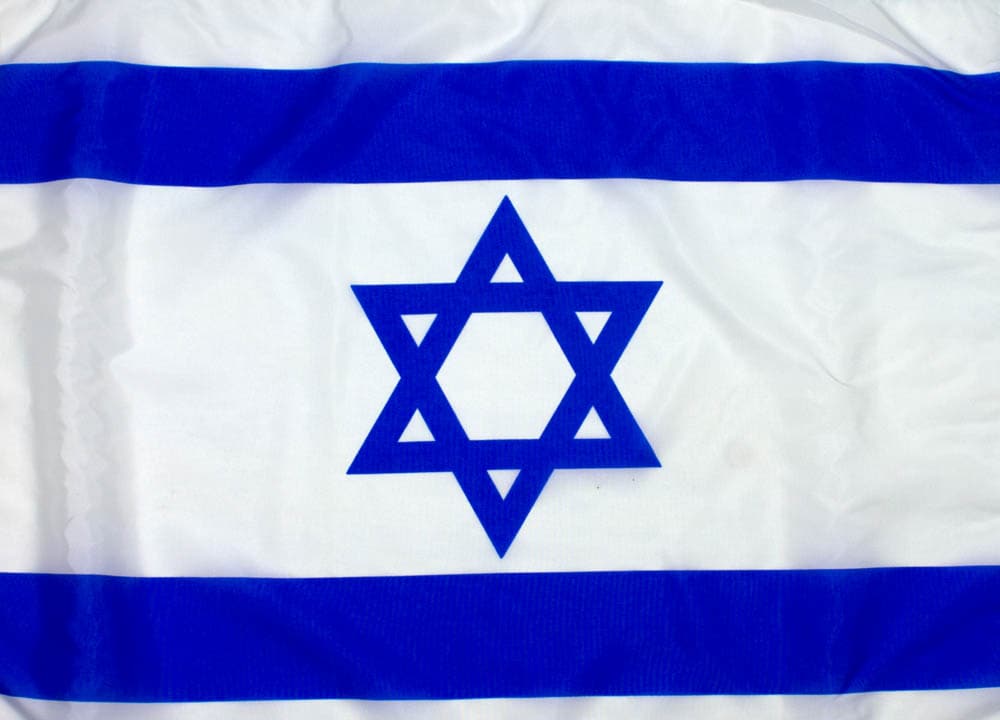
For many Jews, the sight of these marches evokes a profound sense of unease and fear,
amplified by the recent tragedy. The history of Jewish persecution, culminating in the horrors of the Holocaust, casts a long shadow over the collective psyche, serving as a stark reminder of the fragility of Jewish existence. The resurgence of anti-Semitic rhetoric and imagery amidst these protests only serves to deepen these anxieties, triggering a visceral fear rooted in centuries of oppression.
Moreover, the geopolitical complexities of the Israeli-Palestinian conflict exacerbate these tensions. For Jews, particularly those with ties to Israel, the conflict is deeply personal—a matter of existential significance. The recent terrorist attack has only reinforced the perception of Israel as a besieged homeland, under constant threat from external forces. As such, any demonstration perceived as hostile towards Israel is met with heightened apprehension and concern for the safety of their fellow Jews.
However, it’s crucial to recognize the diversity of Jewish perspectives on this issue. Not all Jews unequivocally support Israeli policies, and many actively engage in dialogue and advocacy for Palestinian rights. Their concerns stem not from blind allegiance to the state of Israel but from a genuine desire for peace and justice for all parties involved.
In navigating these complex emotions, the Jewish community faces a profound dilemma. They are torn between the principles of free speech and the fear of rising anti-Semitism, between the desire to stand in solidarity with the oppressed and the need to protect their own safety and security.
As the world grapples with the aftermath of the recent terrorist attack and the ensuing wave of pro-Palestinian marches, it is imperative to foster empathy and understanding amidst divergent viewpoints. Both the Jewish and Palestinian narratives are fraught with pain and longing, shaped by centuries of struggle and resilience. Only through honest dialogue, mutual respect, and a commitment to confronting hatred and bigotry can we hope to transcend the barriers of fear and division, forging a path towards a future defined by peace, justice, and shared humanity.
Visits: 11





